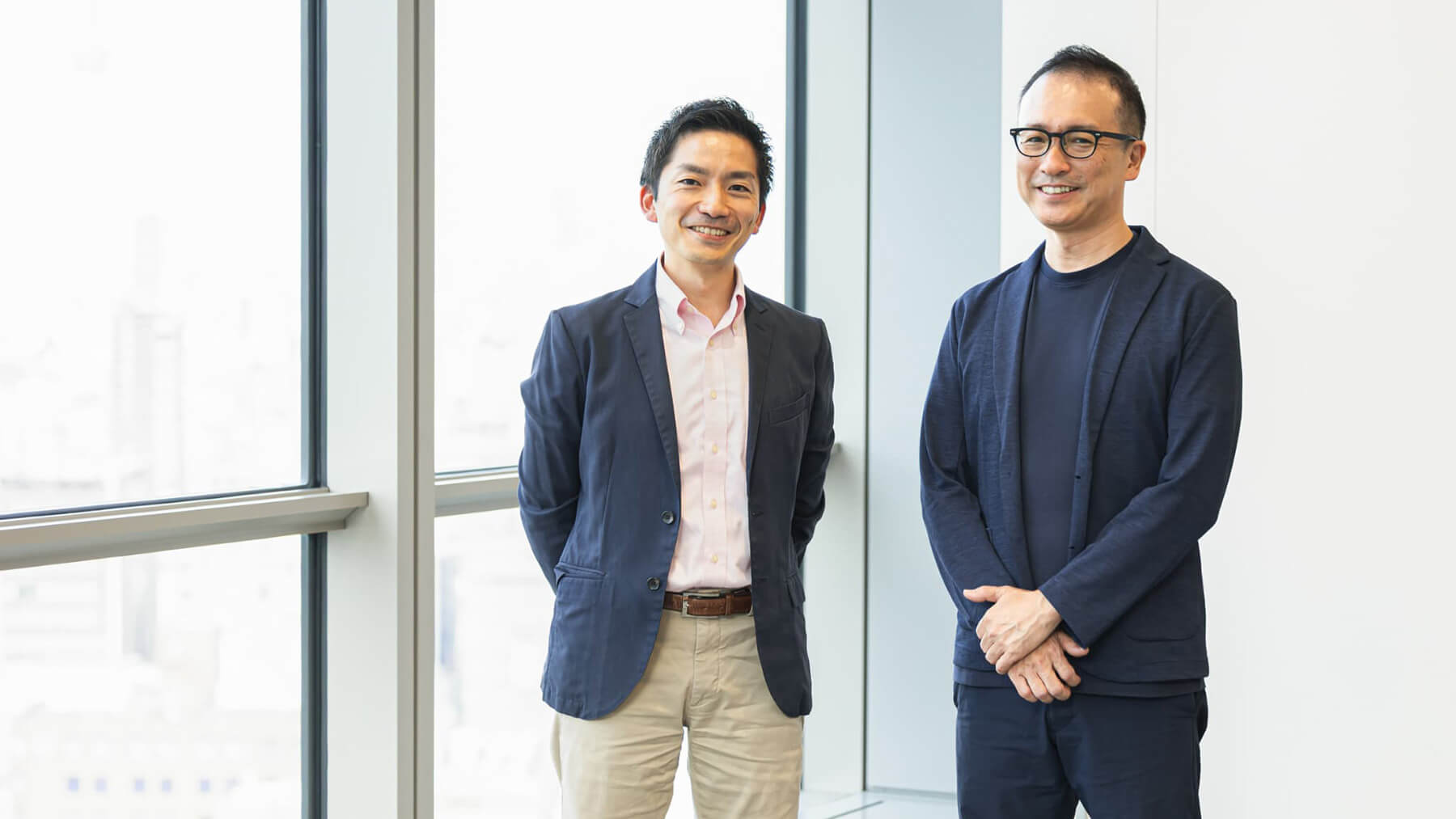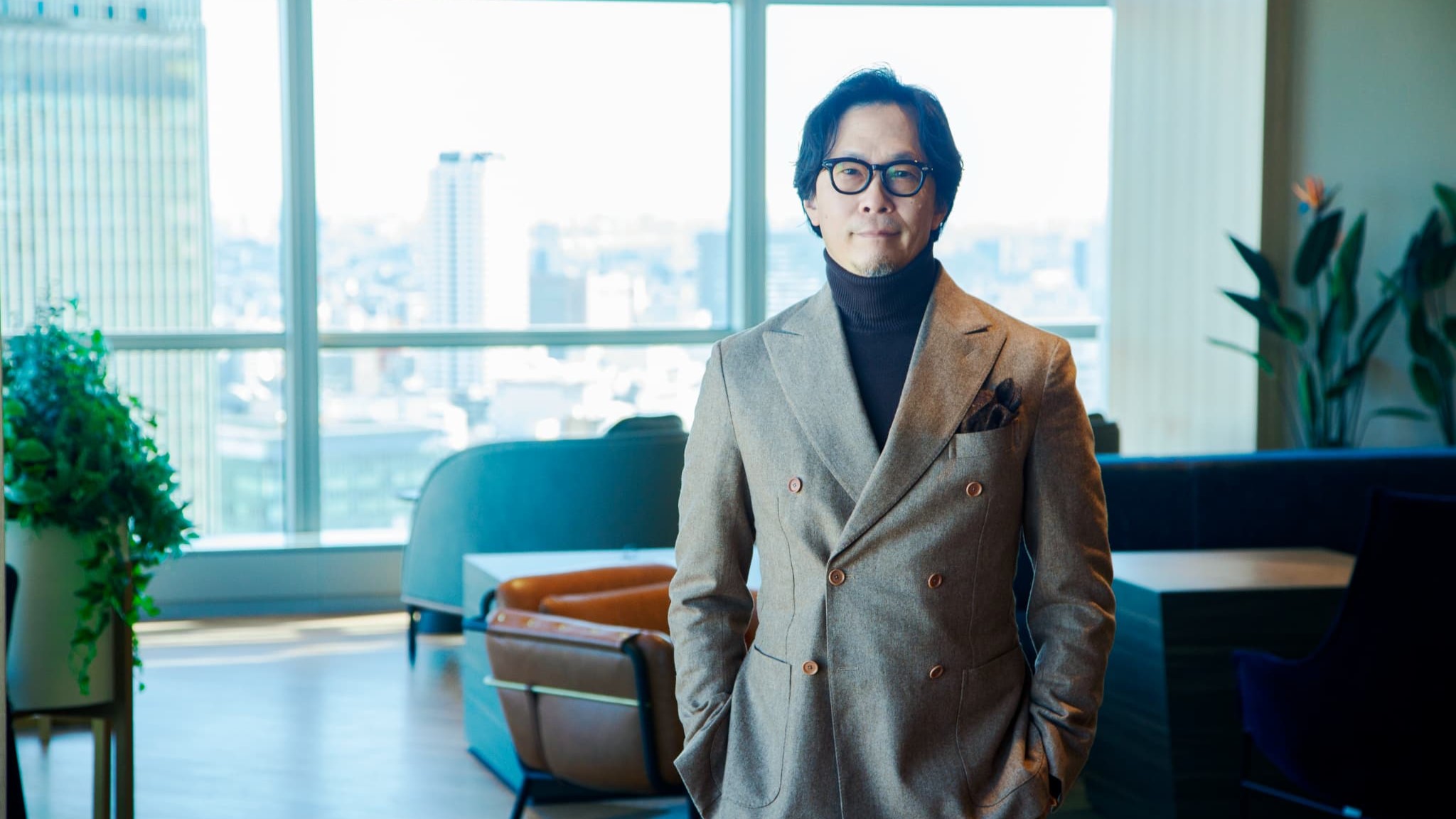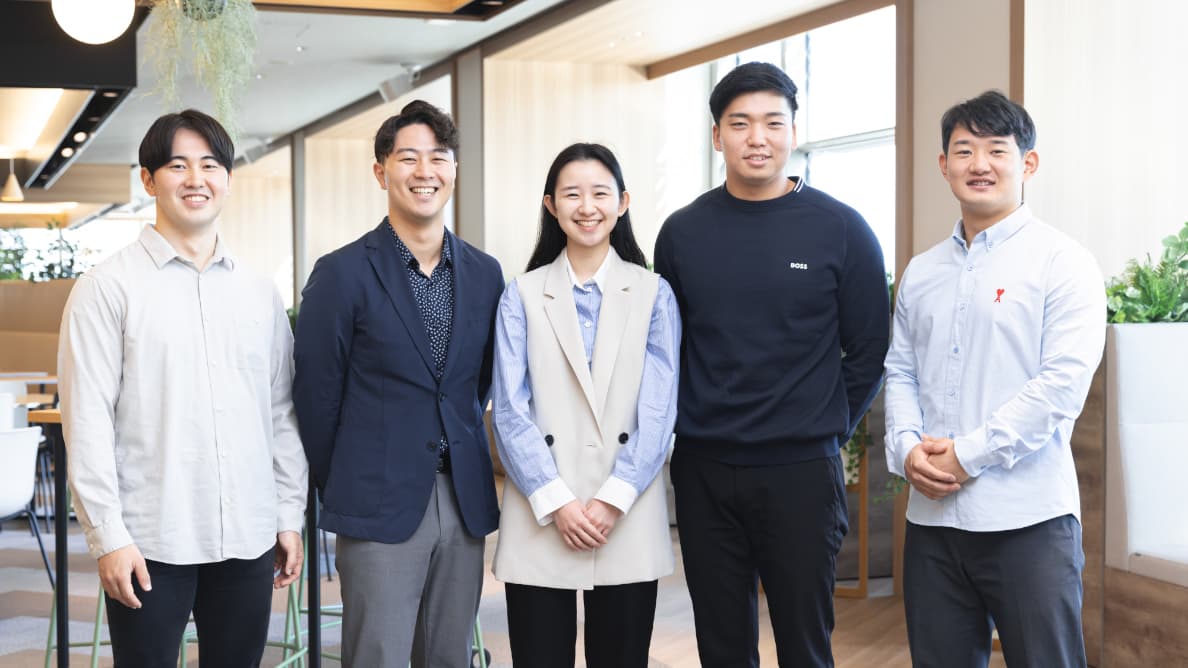
- TOP
- Enriching+TOP
- Aiming for the Creation of the Community-based Integrated Care System Platform
2023.10.2
Business
Aiming for the Creation of the Community-based Integrated Care System Platform

In this series, we will introduce Sumitomo Corporation Group businesses. In this installment, we will be looking at our healthcare business in Japan (hereinafter, the “domestic healthcare business”), which aims to establish a platform to support Japan’s aging society.
-
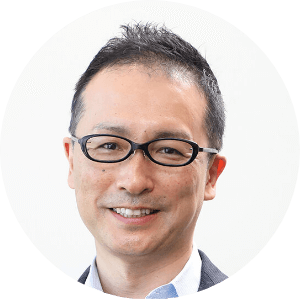
General Manager
Health Care Business Dept.Hiroshi Hasegawa
Leader of domestic and global healthcare business. Duties include developing overall strategies, securing resources such as funds and personnel, coordinating company-wide projects related to healthcare, investing in health-tech companies, and facilitating joint projects.
-
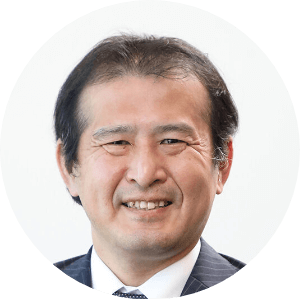
CEO
Tomod’sHideyuki Tokuhiro
As President of Tomod’s, he is responsible for management of the drug store and pharmacy chain.Using his extensive knowledge of the business field, he also provides feedback on the strategies and investment plans of our domestic healthcare business.
-
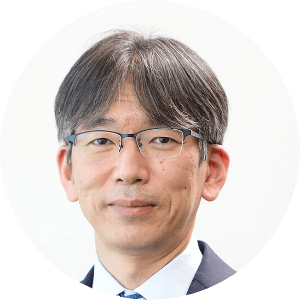
Director
Pharmacy Dept., Home Treatment
Promotion Office, and Pharmacy Business
Coordination Office
Tomod’sYoshiyuki Yamaguchi
In addition to overseeing Tomod’s pharmacy section, he is responsible for strategic planning for acquisitions of pharmacies and PMI* in collaboration with Sumitomo Corporation. He is also CEO of Allos one (Renamed to SC Pharmacies in January 2025), a company that operates pharmacies. He holds a pharmacist license.
*PMI: Post-merger integration. This is a process of combining and rearranging businesses to maximize potential efficiencies and synergies after an M&A.

A pharmacy that was ahead of its time
What is the current situation in the domestic healthcare business?
HasegawaTomod’s businesses account for 60% of the total capital invested in the domestic healthcare business. The remaining 40% are assets that have been newly accumulated in the recent past. Allos one (Renamed to SC Pharmacies in January 2025) and Tomod's have also acquired several pharmacies. And we’re accelerating investment in health tech companies, which provide e-health records for home nursing and online medical care.
TokuhiroIn terms of personnel, about 40 members at Sumitomo Corporation’s head office are involved in the domestic healthcare business, and there are over 4,000 employees at Tomod’s and 500 at Allos one (Renamed to SC Pharmacies in January 2025). And we plan to further expand the scale of the business through M&As and other methods going forward.
YamaguchiTomod’s is distinct in that its stores combine retail and pharmacy sections (pharmaceutical-dispensing drug stores), and in recent years, sales in the pharmacy section have been gradually increasing. Pharmacies are currently undergoing a period of change, and their importance is expected to increase as community healthcare providers (doctors, pharmacists, nurses, etc.) work together to provide care for patients at home.
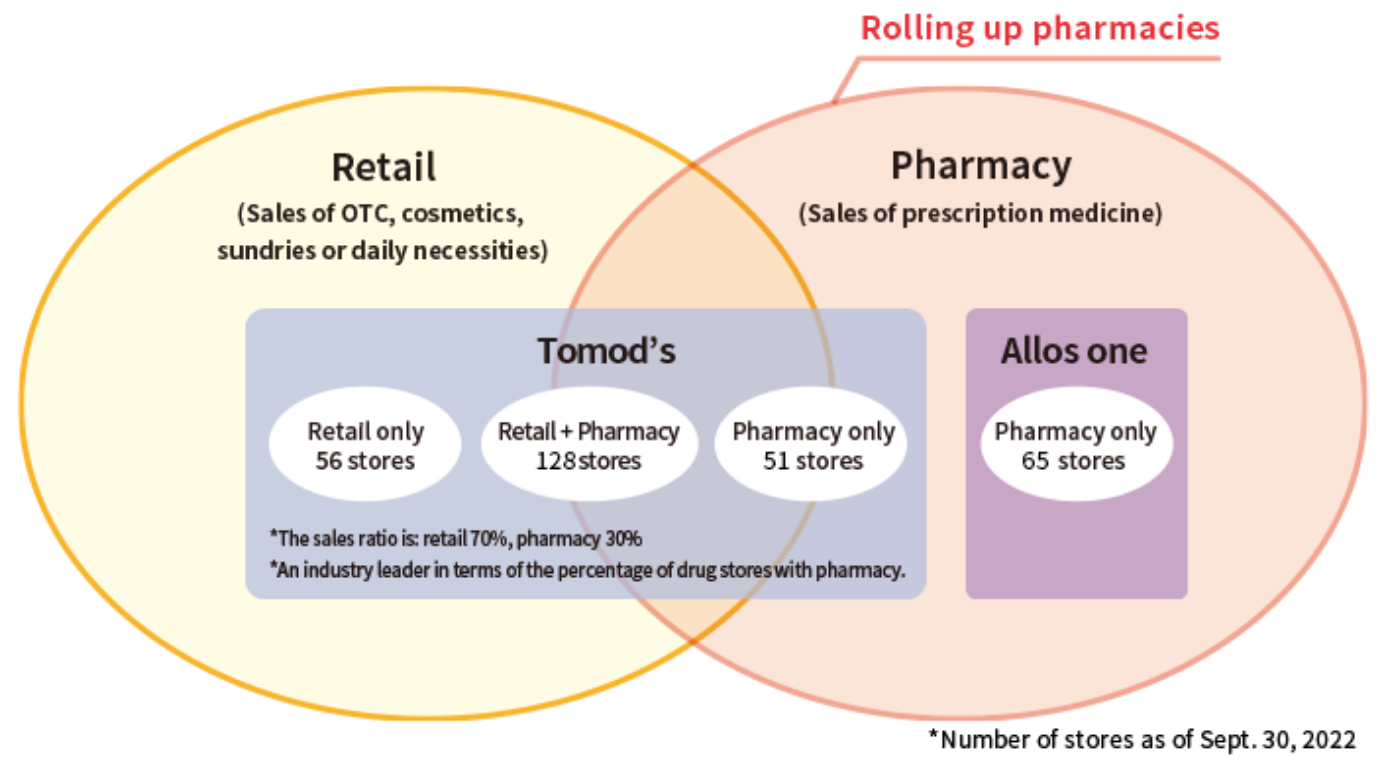
Speaking of a period of change, what changes has the domestic healthcare business gone through so far?
HasegawaThe origins of our
domestic healthcare business date back to the
establishment of Tomod’s in 1993. At the time, Japan was
enforcing a separation of roles in the medical field*,
and the number of pharmacies was growing.
*The separation of medical prescription and drug
dispensation so that drugs are prescribed by a doctor
and dispensed by a pharmacist.
TokuhiroAt the time, in the U.S., the business model of dispensing prescription drugs as well as of selling over-the-counter drugs like cold medicine, medical devices, and daily necessities, was on the rise. Tomod’s was one of the first to apply that idea in Japan. It was a unique business model in Japan, and Mr. Yamaguchi and I have been involved with Tomod’s since 1994.
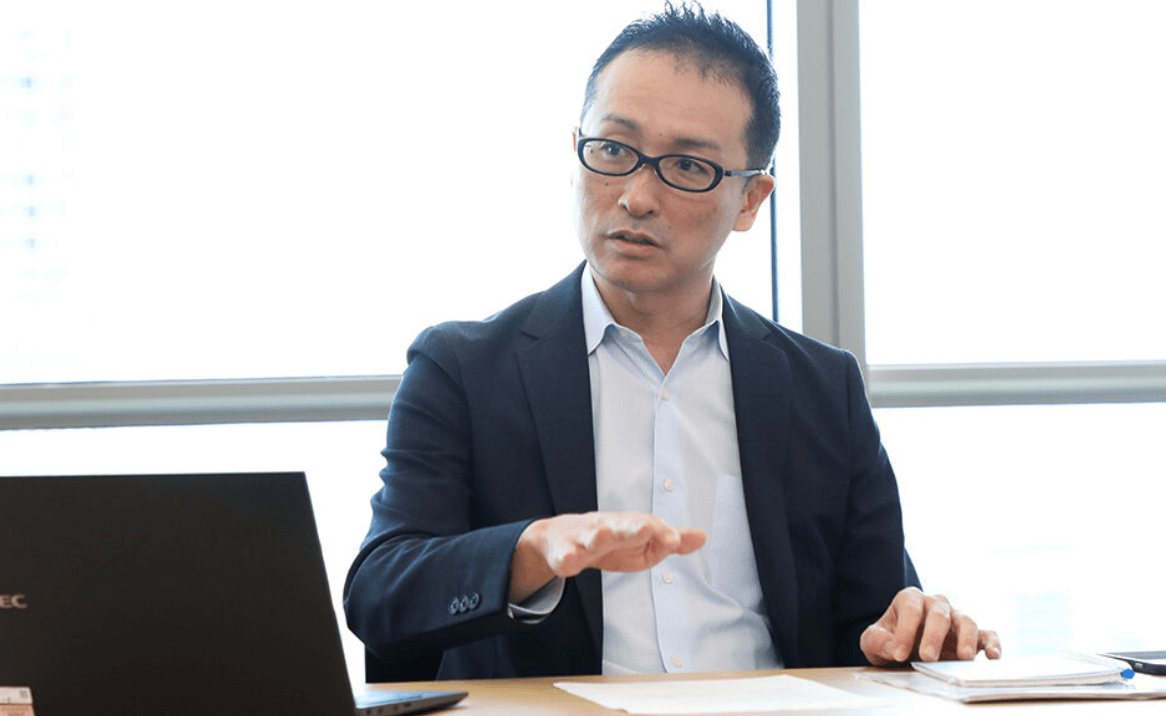
Continuing to support community healthcare
HasegawaAlthough Japan has come far in separating medical roles over the past 30 years, the sales mix between retail products and pharmacy isn’t what we initially expected. In comparison to the U.S., where pharmacy accounted for 80% of sales, retail goods accounted for almost all sales when Tomod’s opened in 1993. Currently, the ratio of pharmacy is growing, and our plan is to further expand the ratio to 50%.
YamaguchiTomod’s has always
changed its product mix and store layout in accordance
with the times. For example, the color of our signs has
changed every 10 years or so. Originally, they were
orange, but as needs for cosmetics expanded, we changed
them to red* to appeal to women. Then, as needs for
dispensed drugs increased in recent years, we made them
blue to ensure our stores are welcoming for everyone.
*In Japan, the color red is commonly associated with
women.
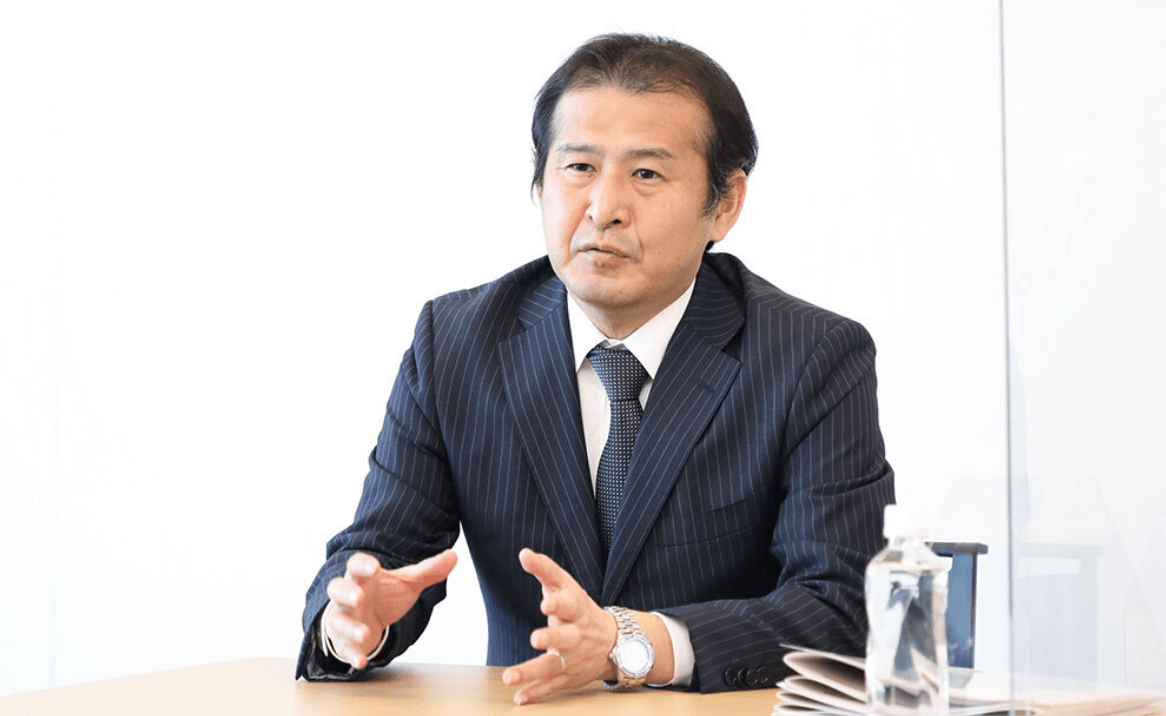
TokuhiroOn the other hand, Tomod’s has remained consistent in its mission of sustaining infrastructure for community healthcare. In the 1990s, separation of roles in the medical field led to the opening of many pharmacies to support community healthcare. Now, 30 years later, as the owners of those stores are thinking about retirement, the consolidation of 60,000 pharmacies nationwide is underway. At the rate Japan’s population is aging, a decline in the number of pharmacies could lead to a collapse of community healthcare. Tomod’s has a wealth of M&A experience, having grown through the acquisition and integration of American Pharmacy in 1997, Asahi Medix in 2000, Koei Drug in 2006, and Drugstore Katsumata in 2010, as well as 30 years of pharmacy know-how and a well-developed training system. Therefore, by taking over privately run pharmacies through M&A, we can improve the level of service and contribute to community healthcare.
YamaguchiAs an integrated trading company, Sumitomo Corporation’s strength lies in its people, and Tomod’s is no different. One of our greatest strengths is our pharmacists, who are strongly motivated and have a high level of knowledge in both dispensing and retailing, allowing them to closely attend to any customer needs.
Accumulating knowledge and know-how to respond to social issues
Earlier, you mentioned your mission of supporting community healthcare. Could you please tell us about your vision for the domestic healthcare business in the future and initiatives for Medium-Term Management Plan SHIFT 2023?
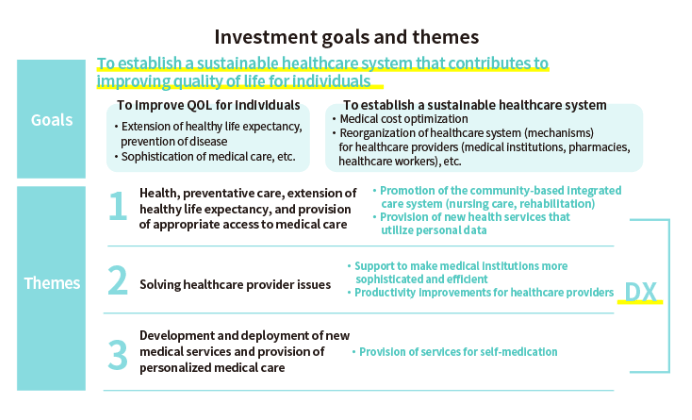
HasegawaThe goal of the
domestic healthcare business is “to establish a
sustainable healthcare system that contributes to
improving the quality of life for individuals,” and we
can provide the places and connections to achieve this
goal. For example, by combining Tomod’s and Summit
supermarkets, we can connect food and health and respond
to needs for pre-symptomatic and preventive care, which
is currently the focus of much attention.
Another
example is combining clinics and nursing care facilities
to realize community-based integrated care. This is the
kind of urban development that only the Sumitomo
Corporation Group, with its strong assets and know-how,
including its real estate business, can provide.
The
market for medical care is currently 43 trillion yen―50
trillion yen if nursing care is included―and is expected
to expand by another 20 to 30 trillion yen in four to
five years. However, since increasing medical costs lead
to an increased financial burden on the government,
improving the efficiency of medical care is an important
social issue in the context of a declining working
population. Therefore, we are exploring pre-symptomatic
and preventive care services that only Sumitomo
Corporation and Tomod’s can provide, including
healthcare services utilizing personal data, such as
genome analyses.
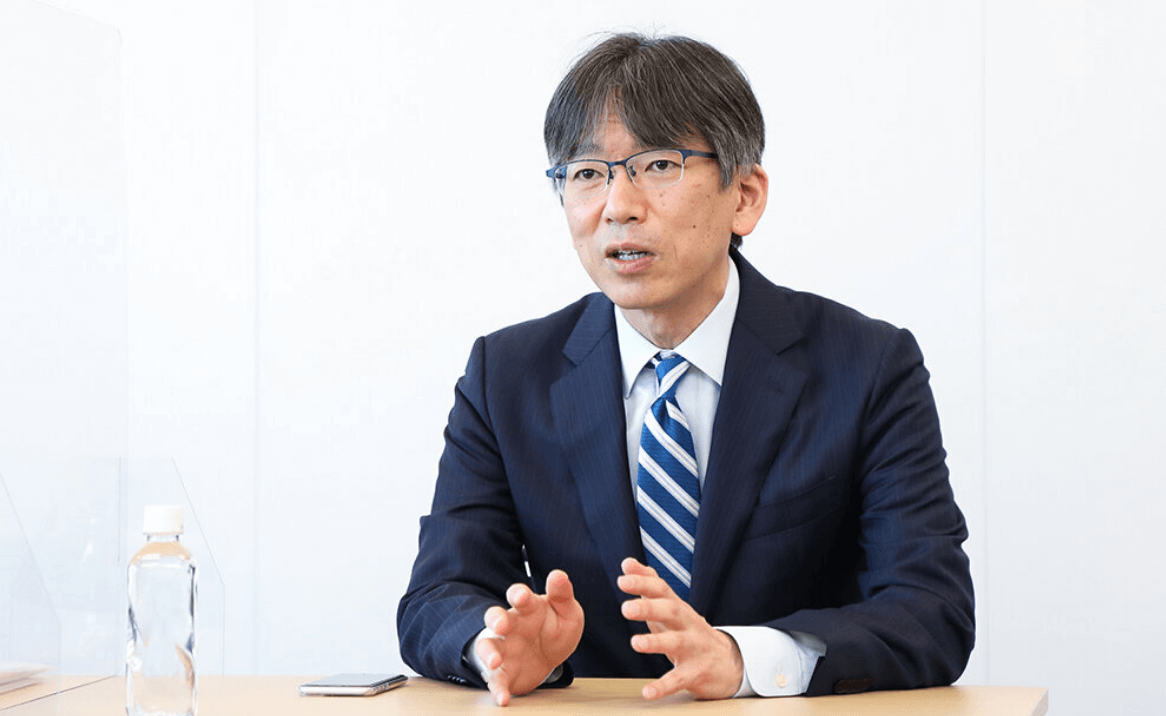
YamaguchiIn the pharmacy business, we have already opened two stores with machines for automating dispensing work to improve efficiency and lower costs. Although it is still in the testing phase, we are looking to further expand this business.
TokuhiroIn terms of the
community-based integrated care system, following the
easing of regulations, we can expect to see a growing
need for online medical care, medication guidance, and
prescription drug delivery. Therefore, we are
collaborating with Summit as well as Group companies
such as J:COM to develop services that can
contribute to the improvement of local healthcare in
both tangible and intangible areas.
At the same
time, to realize the community-based integrated care
system, Tomod’s will also need to evolve, for example,
by increasing the number of stores that can offer health
consultations. To achieve this, we are also striving to
further enhance our employee training system.
HasegawaHealthcare needs are broad, and DX is essential. We believe that the role of the domestic healthcare business in SHIFT 2023 is to speed things up by making good use of our resources, including by expanding the business through M&As and developing new service offerings. Please look forward to more developments in the future.
What does “Enriching lives and the world” mean to you?
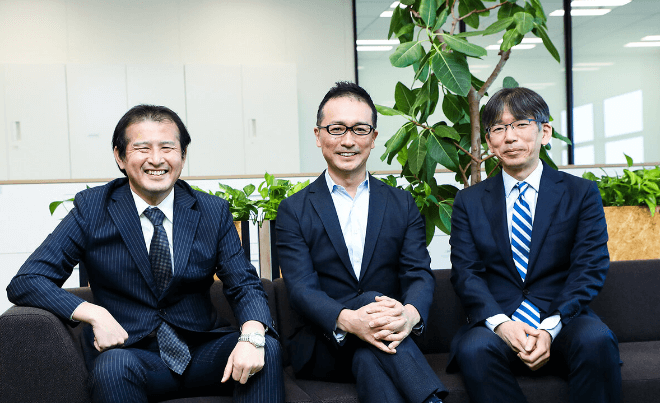
-

Hiroshi Hasegawa
Acting proactively to continue and maximize happiness based on the market economy.
-

Hideyuki Tokuhiro
Contributing to people’s daily comfort and health through our business.
-

Yoshiyuki Yamaguchi
“Benefit for self and others, private and public interests are one and the same" (a long-standing corporate vision that the Sumitomo Corporation Group as a whole must pursue at all times.)

